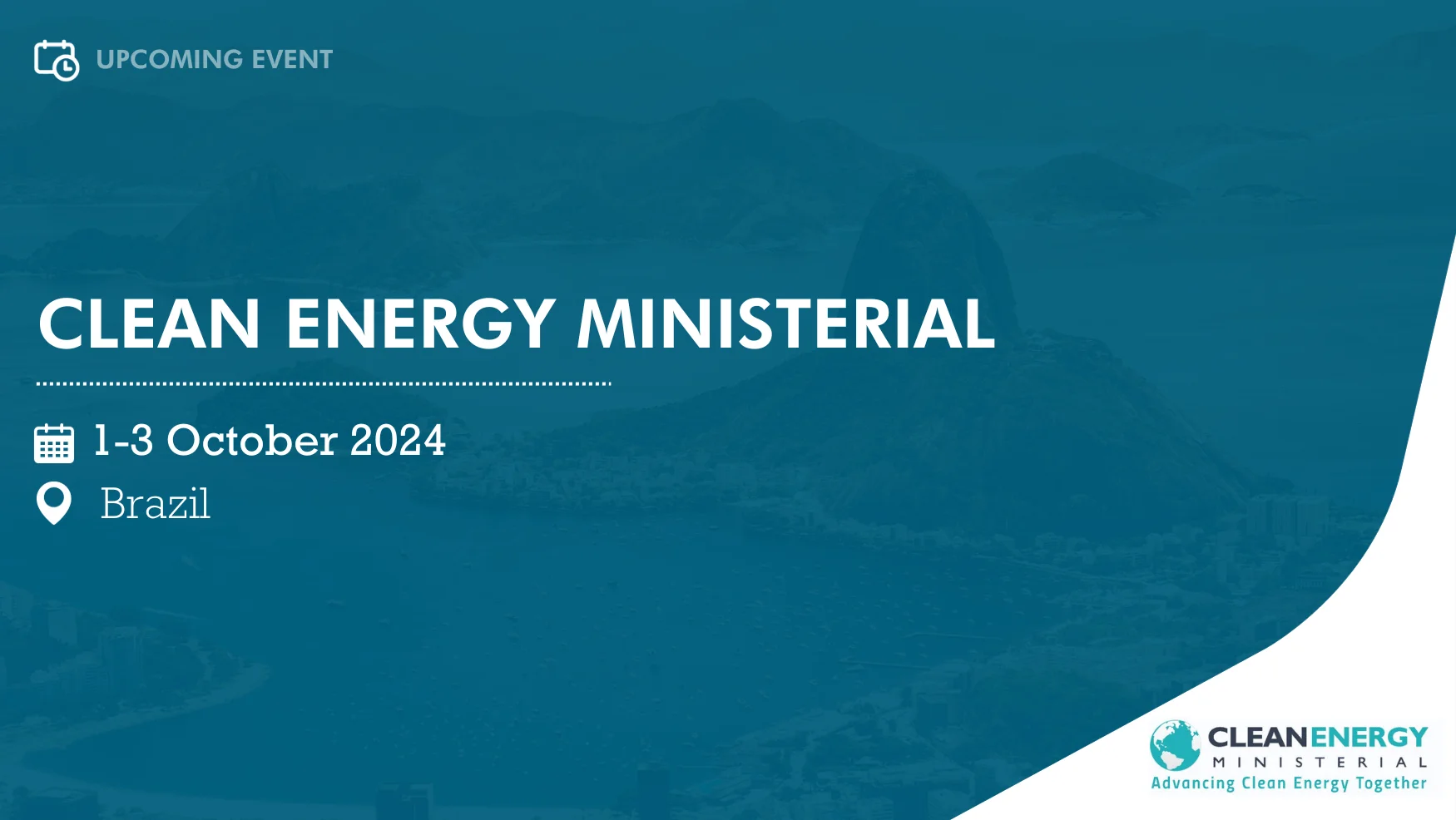Webinar: what does climate resilience mean for the hydropower sector?
Future changes in temperature and precipitation are likely to have impacts, not only on individual hydropower projects but across entire water and energy systems. Developers, investors, governments and other stakeholders involved in hydropower need to make decisions to ensure that both infrastructure and systems are resilient to a range of possible future conditions.
Read more
In October and November 2015, the International Hydropower Association (IHA) carried out a survey of more than 50 organisations involved in hydropower development. The survey sought to establish an understanding of how climate change is affecting the hydropower sector, and the measures that are being taken to build climate resilience into projects.
Although the survey found that the vast majority of respondents were well aware of the need to develop climate-resilient infrastructure, 74 per cent said that their organisation does not have existing guidelines on climate risk or resilience. Moreover, 83 per cent said that sector guidelines on this topic would be useful.
The need to develop a common framework, such as sector guidelines or a set of assessment tools, was also a key outcome of a recent workshop on the subject, which was convened by IHA and the World Bank Group in London on 13 November.
This IHA members' webinar brings together experts from IHA and the World Bank Group to present the results of this survey alongside the outcomes of our recent workshop.
To register your participation please click here.
Find out what time the webinar is in your country here.
Four expert speakers from IHA and the World Bank Group will present during the webinar:
Speakers

Julie Rozenberg is an economist with the World Bank. Her work includes green growth and climate change mitigation strategies and climate change adaptation and disaster risk management.
She participated in the writing of two major World Bank reports: “Decarbonizing Development: Three Steps to a Zero Carbon Future” and “Shockwaves: Managing the Impacts of Climate Change on Poverty”.
She also supports World Bank teams with innovative methodologies to take long-term uncertainties into account in the economic analyses of projects and build resilience in World Bank client countries.
She holds an engineering degree from the Ecole Nationale Superieure de Techniques Avancees and a PhD in economics from the Ecole des Hautes Etudes en Sciences Sociales in Paris.

Pravin Karki is the senior hydropower specialist at the World Bank Group. He has over 20 years of professional experience related to hydropower and water resources, mainly in hydropower engineering, international policy and academic research.
Pravin completed his bachelor’s degree in water resources and hydraulic structures from the Czech Technical University followed by an MSc in hydropower engineering from Norway. He graduated with an MPhil in engineering for sustainable development from Darwin College, Cambridge University, UK.
He joined the World Bank in 2008 and is currently in the Energy and Extractives Global Practice working on hydropower projects, mainly in Asia. He is a core member of the Global Solutions Group on Hydropower and Dams at the World Bank.
Prior to working in the World Bank, Pravin worked at BPC Nepal, Statkraft Norway and the International Hydropower Association in London. Pravin is currently leading the World Bank's work on resilience in the hydropower and dams sector.

Craig Davies is the senior manager for climate change adaptation at the European Bank for Reconstruction and Development (EBRD). He leads the EBRD's work to promote climate resilience through investment operations in Central and Eastern Europe, Central Asia, the Caucasus, Turkey and the Southern & Eastern Mediterranean.
He has a particular interest in climate change impacts on emerging economies and in the integration of climate resilience into investment planning across a range of sectors (e.g. infrastructure, water, power and energy, manufacturing and financial services).
Craig is also actively involved in a number of international climate finance mechanisms such as the Climate Investment Funds and the Global Environment Facility. Prior to joining the EBRD he worked for the UK’s Department for International Development. He holds a PhD in Environmental Technology from Imperial College London.

Tracy Lane is the director of the hydropower development work programme at IHA. In this role she leads the association's initiatives related to building and sharing knowledge in the areas of energy systems, climate change, risk and finance, regional cooperation and water resources management. She is also responsible for building partnerships and fostering collaboration with stakeholders engaged in these areas.
Tracy holds a Master’s degree specialising in energy policy from Imperial College London, as well as an undergraduate degree in international economics from the George Washington University. She has previously worked in the areas of energy sector research, private sector development, international economic development and programme management

Richard Taylor, a Fellow of the Energy Institute (UK), is the chief executive at IHA. He has been involved in the hydropower sector since 1985. He became a founding Board member of IHA in 1995, and has served as the association’s executive director since 2001.
Richard has written and edited numerous technical papers and periodicals on water and energy, and has been engaged in United Nations initiatives on water (WWDR and UNEP), energy (UNIDO and UNDESA) and climate change (UNESCO and IPCC). He has also participated in the work of the International Renewable Energy Alliance, World Bank, International Energy Agency, World Energy Council and World Water Council.
Moderator

Alex Trembath is the communications manager at IHA. He jointly leads on our communications strategy and manages the delivery of a range of communications projects, including our recent website redevelopment and brand realignment, as well as our email and social media engagement.
Alex has a degree in journalism and English, and ten years’ experience in a variety of communications management roles across both the not-for-profit and commercial sectors. In his previous role at the National Union of Students he was editor-in-chief of the organisation's national membership magazine, which won an industry excellence award under his editorship, and part of a team that delivered a cross-national brand realignment.










